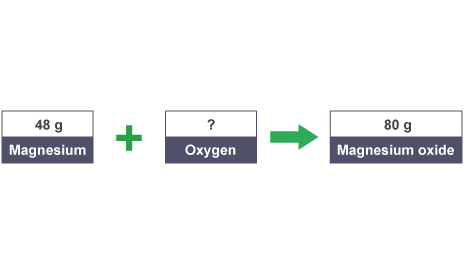Bbc bitesize quantitative chemistry
Magic for Learning and Revision.
Everything you need for GCSE Chemistry revision, from past papers and revision pages, to revision cards and exam questions by topic. Gold Standard Education. Learn an entire GCSE course for maths, English and science on the most comprehensive online learning platform. Each paper has been designed by Chemistry experts, tutors and examiners, to ensure they are as accurate as possible in replicating the real exams. The profit from every pack is reinvested into making free content on MME, which benefits millions of learners across the country.
Bbc bitesize quantitative chemistry
No matter what Chemistry specification you're studying, Seneca's revision courses contain everything you need to know for your GCSE exam. Seneca covers foundation and higher tier across Double Award, Co-ordinated Sciences, Combined Sciences and your straight run-of-the-mill Chemistry. So whatever class you're taking, you can sign up for FREE and learn exactly what you need to know! Take a look at the specs and see a short intro to the most popular courses below. Learn everything for GCSE Chemistry using bitesize concepts optimised for learning and understanding. Do Free Chemistry Revision. Do you know the difference between exothermic and endothermic reactions? And can you find your way around the periodic table? Free Revision Courses Here. Our bespoke equations course gives you a condensed version of the course which only covers the equations, reactions and notation you need to know and how you should use them. This includes equations for pH, energy changes, general formulae and the Haber process to name a few.
Each paper has been designed by Science experts, tutors and examiners, to ensure they are as accurate as possible in replicating the real exams.
Calculations in chemistry - AQA. Relative formula masses can be calculated and used in conservation of mass calculations. Calculations can be carried out to find out concentrations of solution and uncertainties in measurements. Calculations in chemistry - Higher - AQA. The mole is the unit for amount of substance. The number of particles in a substance can be found using the Avogadro constant. The mass of product depends upon the mass of limiting reactant.
Maths questions often start with the command word calculate. You need to use numbers given in the question to work out the answer. Listen to the full series on BBC Sounds. Brush up on the maths you need for your exam - percentages, averages and converting units. Maths questions might ask you to plot or complete a graph or table. When you draw a graph, make sure you:. You may be given a grid with axes labelled and scales already given. Sometimes you may be given an empty grid for you to supply your own axes. When you do this:. These questions have been written by Bitesize consultants as suggestions to the types of questions that may appear in an exam paper.
Bbc bitesize quantitative chemistry
Atomic structure and the periodic table. Bonding, structure and properties. Science exam techniques. GCSE Chemistry: exam-style questions. Topics include the periodic table, equations and more. GCSE Chemistry: quick-fire questions. Revise topics such as the periodic table and equations. Atoms, elements and compounds - AQA. Chemists use symbols and formulae to represent elements and compounds. Word equations and balanced chemical equations represent the changes that happen in chemical reactions.
Pixie trix
Join Us Login. Quantitative Chemistry Quantitative chemistry is all about calculations using the mole as a unit. The profit from every set is reinvested into making free content on MME, which benefits millions of learners across the country. Yield and Atom Economy. Sample exam questions - quantitative chemistry - AQA. Covalent Bonding. Combined Science Exam practice. Get 1 step ahead with these papers! Sign Up Now. Flavia Belham.
Calculations in chemistry - AQA. Relative formula masses can be calculated and used in conservation of mass calculations. Calculations can be carried out to find out concentrations of solution and uncertainties in measurements.
Calculate the relative formula mass of calcium hypochlorite. Periodic Table. Everything you need for GCSE Chemistry revision, from past papers and revision pages, to revision cards and exam questions by topic. Quantitative chemistry is all about calculations using the mole as a unit. Everything you need to know is covered! Calculations in chemistry - AQA. The mixture of chemicals contains sodium azide NaN 3 which undergoes thermal decomposition to produce sodium and nitrogen. Chemical Changes. Previous post Next post. Topics covered include the principles of chemistry, elements, organic chemistry, physical chemistry and chemistry in industry. Atmospheric Pollutants. Log In. Chemistry of the Atmosphere. Calculate the mass of sodium that would be produced when g of sodium azide decomposes. It works with molecules and giant ionic lattices as well as with elements.


Completely I share your opinion. Thought good, it agree with you.
I advise to you to visit a site on which there are many articles on this question.
I confirm. I agree with told all above. Let's discuss this question.